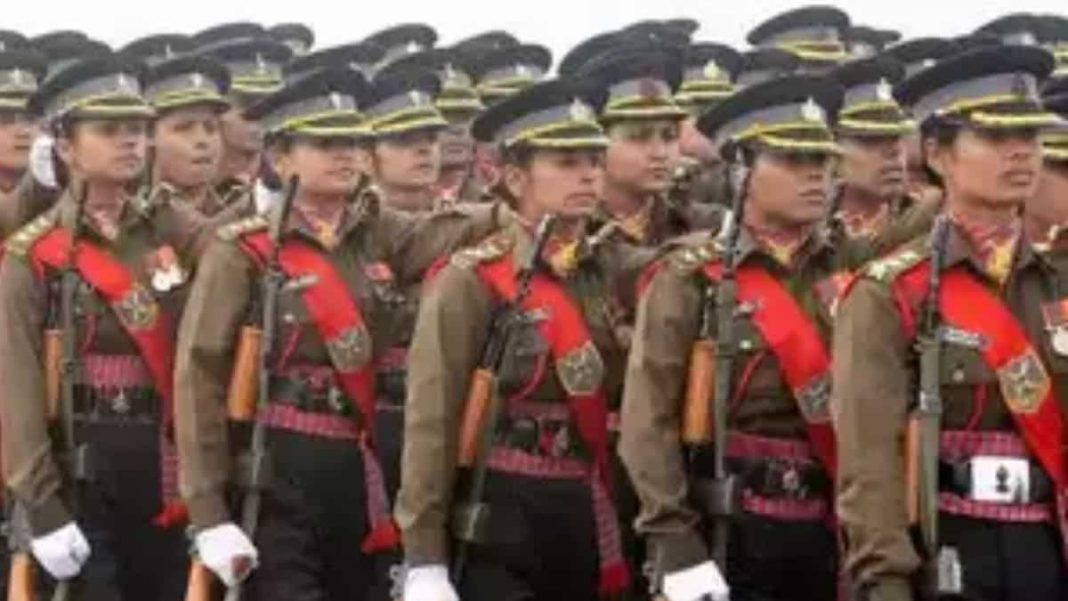A review conducted by a high-ranking Army general regarding the performance and interpersonal dynamics of eight Colonel-rank women officers has revealed significant concerns that could impact military cohesion and effectiveness. The findings, outlined in a report deemed “highly critical,” highlight issues including “mundane ego problems” and a marked “lack of empathy.”
The assessment was undertaken by Lieutenant General Rajeev Puri following his tenure as commander of the 17 Mountain Strike Corps, with the report submitted to the General Officer Commanding-in-Chief of the Eastern Command, Lt General Ram Chander Tiwari. This review emerges in a context where the Army, two years prior, expanded opportunities for women officers by promoting 108 of them to the rank of Colonel, following a landmark judgment from the Supreme Court that affirmed their eligibility.
In his findings, Lt General Puri articulated serious concerns about the officers’ interpersonal relationships, indicating that there is a prevailing absence of tact and understanding regarding the needs of unit personnel. He emphasized that this lack of awareness has contributed to a troubling trend towards “exaggerated complaints” and “ego issues,” which have escalated in some cases.
The report criticizes the decision-making styles of these women officers, describing it as a “my way or highway” mentality. According to Lt General Puri, this approach has coincided with an uptick in management-related problems in units led by women officers over the past year. He underscores that many of these issues stem from a failure to recognize the personal and professional needs of their subordinates, leading to heightened stress levels within those units.
Further complicating matters, the review points to a prevailing “sense of entitlement” among several women officers, who are characterized as seeking immediate gratification for even minor accomplishments rather than acknowledging the contributions of their teams. Lt General Puri noted that complaints often prioritize authoritative conflict termination over resolution through mutual respect and understanding, fostering an environment of prejudice and mistrust within certain units.
Highlighting another concern, the review indicates that the women officers’ relative lack of exposure to operational tasks may contribute to their inability to empathize with the hardships experienced by troops, exacerbating interrelations within the ranks.
In light of these findings, Lt General Puri has suggested a strategic shift towards “gender neutrality” rather than merely focusing on “gender equality.” He advocates for approaches that aim to cultivate a more cohesive and effective environment for all personnel, regardless of gender.
The review and its implications underscore ongoing challenges associated with integrating female officers into leadership roles within the military, emphasizing the need for supportive measures that address both interpersonal dynamics and operational readiness.
Discover more from SSBCrack
Subscribe to get the latest posts sent to your email.








